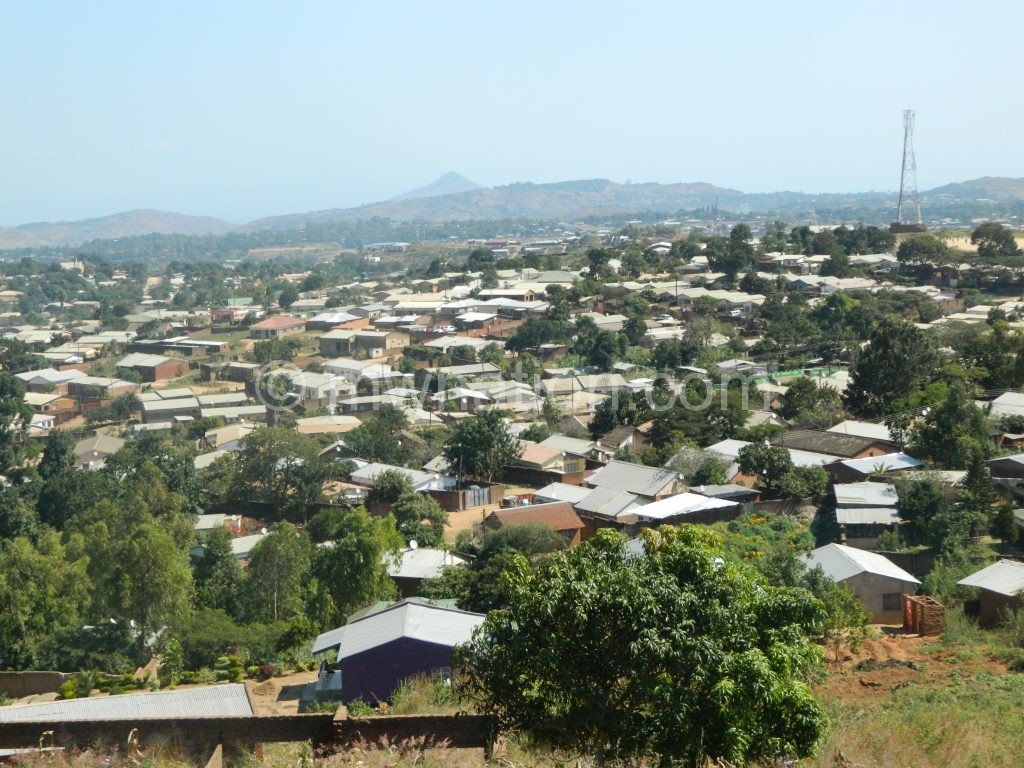Urbanisation puts pressure on housing
Malawi’s urbanisation rate at 3.8 percent remains one of the least urbanised in the region, but the challenge is to meet housing demand and provision of basic services, African Development Bank (AfDB) has said.
The pan-African bank’s African Economic Outlook 2016 Report, launched on Thursday in Nigeria, however, said urbanisation rate in Malawi is higher than the 2.8 percent overall population growth rate.
The report titled Sustainable Cities and Structural Transformation has advised Malawi to plan ahead to maximise benefits arising from urbanisation in the wake of a slow rural to urban migration in the country compared to other countries.
Reads the report in part: “Urbanisation in Malawi poses both challenges and opportunities for transformation. The country is one of the least urbanised in the region, but the 3.8 percent urban growth rate is higher than the overall population growth rate at 2.8 percent.
“However, urbanisation presents an opportunity if its potential to transform the economy can be harnessed.”
The report warns that if urbanisation happens without a corresponding increase in economic opportunities and services, cities will be characterised by concentrations of relatively richer people purchasing low-level services from those migrating to cities.
There will also be slums and concentrations of infrastructure services catering for the higher income parts of the city, said the report.
The report calls for planning by responsible authorities to counter the negative effects of urbanisation.
The country’s planning is under the jurisdiction of Ministry of Finance, Economic Planning and Development whose spokesperson Nations Msowoya said yesterday to improve the provision of housing services in the country, government has given a go ahead to Malawi Housing Corporation (MHC) to source private funding from international institutions for its housing projects.
He said: “We have agreed to let the institution [MHC] seek loans from international financiers as it is necessary that they continue with their expansion projects despite government’s direct financial support.
“The current ratio, which measures the institution’s ability to meet its short-term obligations, has persistently been below desirable levels as it stood at 0.88:1 at 31 December 2015,”





